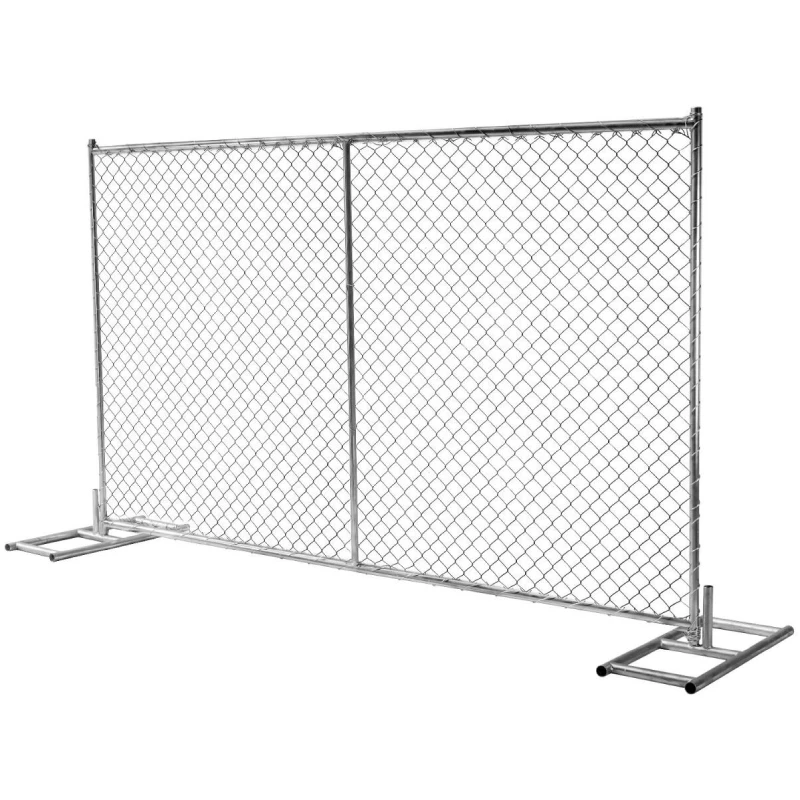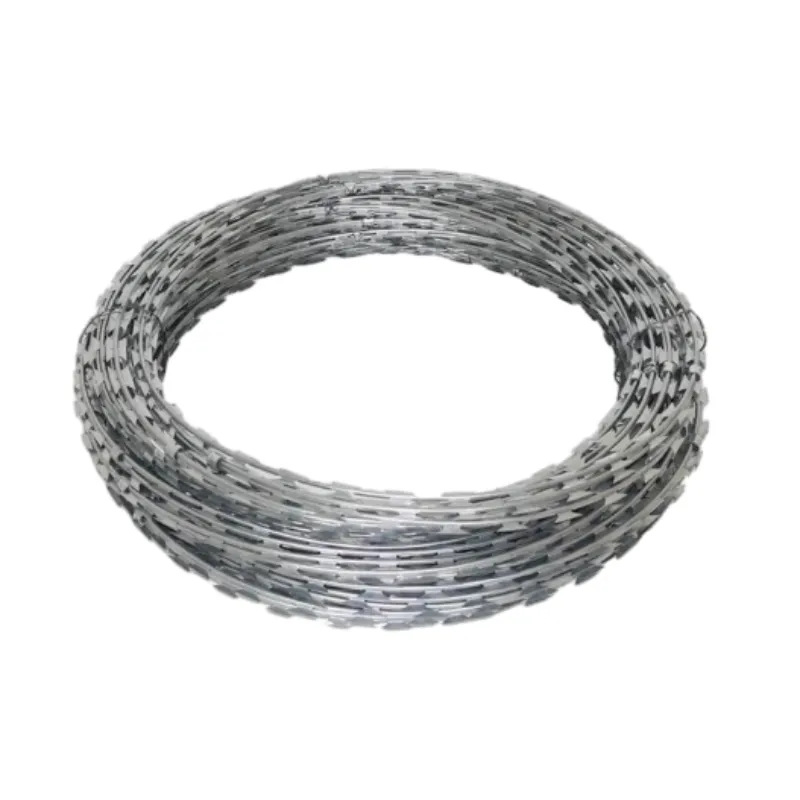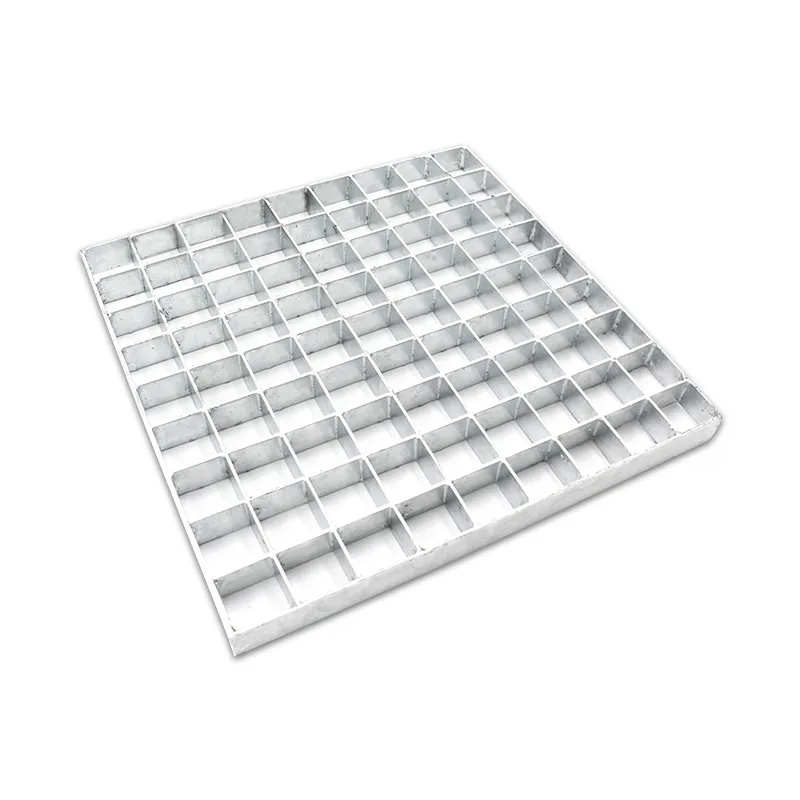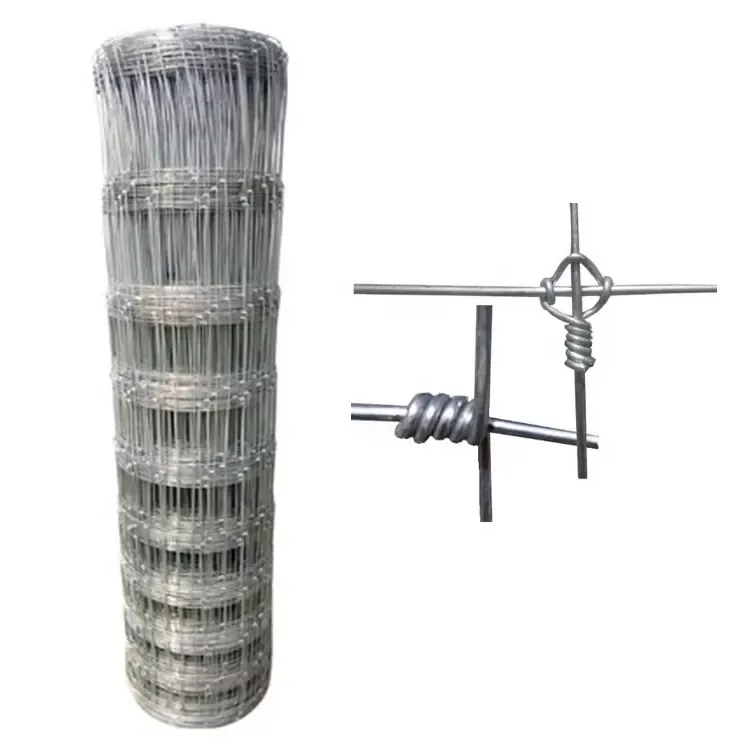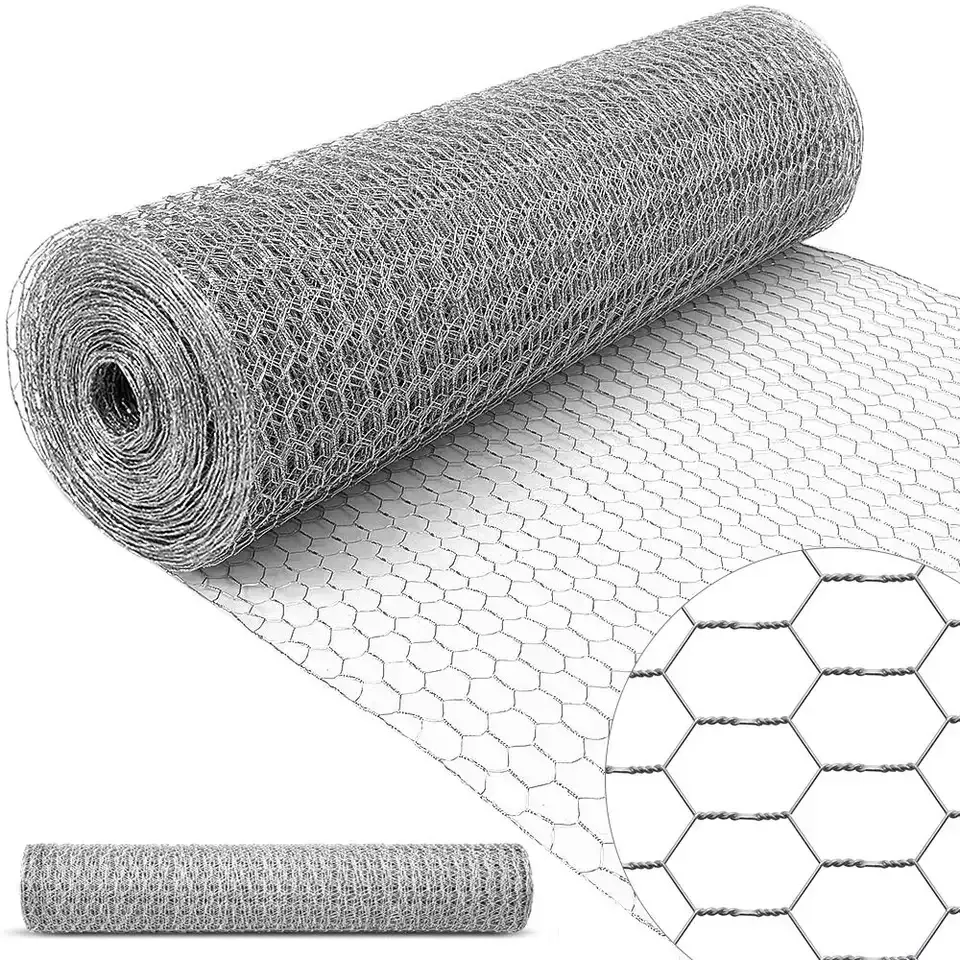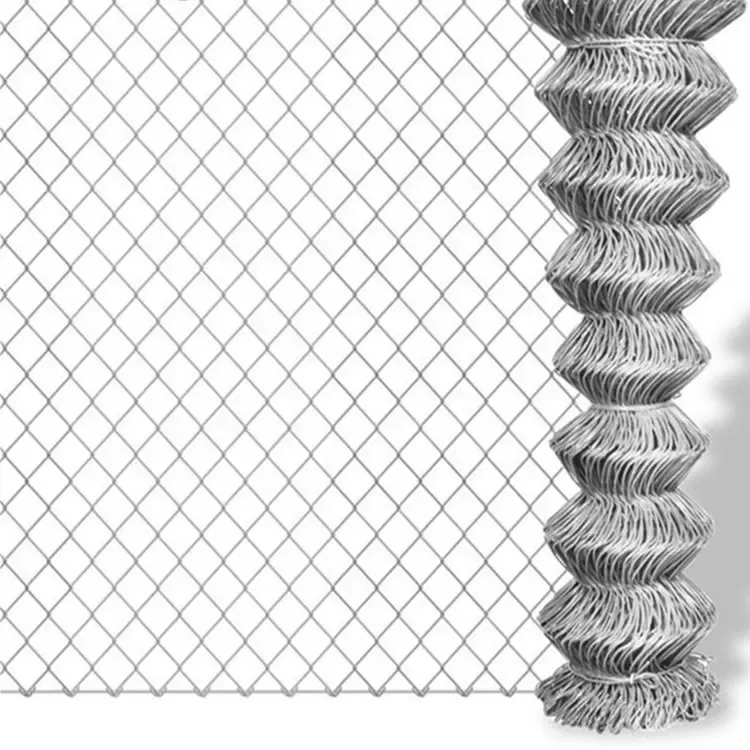
- Afrikaans
- Albanian
- Arabic
- Armenian
- Azerbaijani
- Basque
- Belarusian
- Bengali
- Bosnian
- Bulgarian
- Croatian
- Czech
- Danish
- Dutch
- English
- Esperanto
- Estonian
- Finnish
- French
- Galician
- Georgian
- German
- Greek
- hawaiian
- Hindi
- Hungarian
- Indonesian
- irish
- Italian
- Lao
- Latvian
- Lithuanian
- Luxembourgish
- Macedonian
- Maltese
- Myanmar
- Norwegian
- Polish
- Portuguese
- Romanian
- Russian
- Serbian
- Slovak
- Somali
- Spanish
- Swedish
- Thai
- Turkish
- Turkmen
- Vietnamese
Spa . 07, 2024 15:33 Back to list
what is gabion rock
What is Gabion Rock? An Insight into Its Applications and Benefits
Gabion rocks, commonly referred to simply as gabions, are a practical and versatile solution in construction and civil engineering. Essentially, gabions are wire mesh cages filled with rock, concrete, or other materials, designed to form a solid structure. They have been used for centuries in various applications, from erosion control to landscaping and architectural design. In this article, we will explore what gabion rocks are, their benefits, and their predominant uses in modern engineering.
Understanding Gabions
The term gabion comes from the Italian word gabbione, which means large cage. Gabions are typically constructed from a grid-like wire mesh, which can be made of galvanized steel, PVC-coated steel, or other corrosion-resistant materials. This mesh serves as the structural framework that holds the filling material—most commonly rocks—securely in place. The size and shape of gabions can vary depending on their intended use, but standard units are often rectangular or cubic.
Gabion rocks are generally chosen based on their availability, cost, and aesthetic appeal. Natural stones can provide a rugged look, while concrete blocks may offer a more uniform appearance. The flexibility of gabions allows for a variety of filling materials, making them an adaptable solution for many projects.
Benefits of Gabion Structures
One of the primary advantages of using gabion rocks is their environmental sustainability. Gabions are usually made from natural materials, which minimizes their ecological footprint. Additionally, because they can be filled with locally sourced materials, they often require fewer transportation resources, reducing the overall carbon footprint of a project.
Another significant benefit is their permeability. Gabions allow water to pass through, which helps to mitigate water pressure behind the structure. This property can be particularly advantageous in areas prone to rainfall, as it reduces the risk of erosion and structural failure. The drainage capabilities of gabions help maintain stable landscaping and protect roads, bridges, and dams from instability caused by excess water.
what is gabion rock

Durability is another crucial feature of gabions. When made from high-quality materials, gabion structures can withstand harsh environmental conditions, including extreme weather and flooding. Their robust nature makes them ideal for managing erosion along riverbanks and coastal areas where traditional methods may fail.
Applications of Gabion Rock Structures
Gabions have a wide range of applications across various fields. In civil engineering, they are frequently used for erosion control along riverbanks, coastlines, and sloped landscapes. By preventing soil loss and acting as a buffer against water flow, gabions help maintain the integrity of the surrounding environment.
In landscaping and architectural design, gabion rocks serve as attractive features for retaining walls, garden borders, and pathways. Their modular nature allows for creative expressions, enabling designers to incorporate natural aesthetics into urban environments. They can also be filled with colorful stones or timber, making them more visually appealing.
Gabion structures are also employed in constructing noise barriers along highways and railways, as the dense filling material effectively reduces sound pollution. Their versatility makes them suitable for temporary installations and permanent structures alike.
Conclusion
Gabion rocks are an effective solution that combines functionality, sustainability, and aesthetic versatility. Whether used for environmental protection, land reclamation, or artistic landscaping, these structures demonstrate resilience and adaptability. Their ability to manage water flow and resist erosion provides significant advantages in maintaining natural landscapes and infrastructure.
As we move towards more sustainable practices in construction and engineering, gabions will likely become even more prominent. Their multifaceted applications, combined with their ecological benefits, make gabion rocks a compelling choice for a wide range of projects. Whether you are an engineer, architect, or simply someone interested in innovative solutions for building and landscaping, understanding the role of gabion rocks can inspire new ideas and foster a deeper appreciation for sustainable practices in construction.
-
Your Ultimate Solution for Australian Temporary Fencing
NewsMay.14,2025
-
The Ultimate Guide to Crowd Control Barriers: Secure Your Events with Ease
NewsMay.14,2025
-
Secure Your Livestock with High-Quality Livestock Fence Panels
NewsMay.14,2025
-
Enhance Your Livestock Management with Top-Quality Cattle Fences
NewsMay.14,2025
-
Enhance Security and Safety with Temporary Fencing Solutions
NewsMay.14,2025
-
Corral Gates
NewsMay.14,2025



